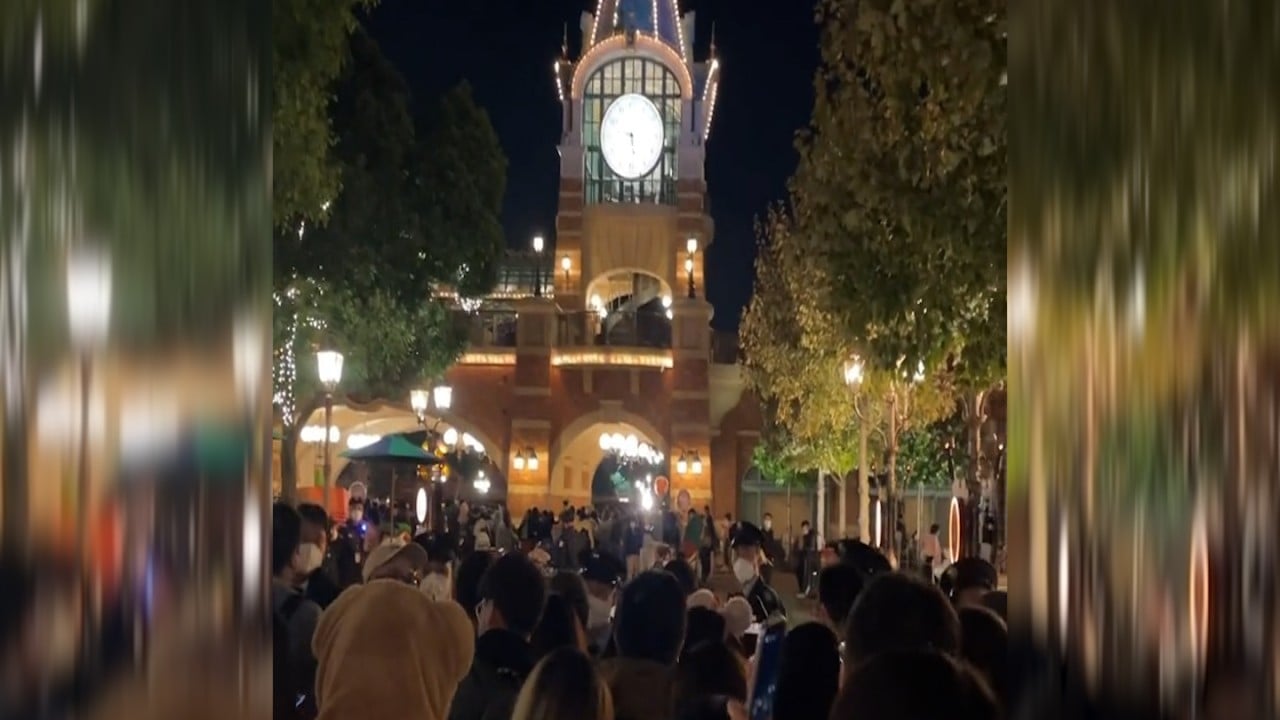
President Xi pledges to further open China’s markets, offering ‘big opportunities’ to the world ahead of trade fare
- As many as 3,000 foreign companies will display their latest products at the China International Import Expo, say organisers
- China’s tough travel curbs are stopping some international executives from attending, according to exhibitors
“We have been offering big opportunities for the world economy by opening up China’s huge market,” Xi said in a televised speech to kick off the fifth edition of the China International Import Expo (CIIE), the government’s tentpole annual event for promoting a consumption-led economic development model.
“The opening [of markets] will brighten the future of economic development globally.”
Xi’s speech, his first at an international event since he secured an unprecedented third term as leader of the world’s second-largest economy, underscored his government’s commitment to global trade amid a slowing domestic economy battered by strict Covid-19 virus controls and tensions with the US.
China launched the CIIE in 2018, mobilising 60,000 domestic companies to buy imported goods as a way of promoting the allure of the mainland’s vast market, amid simmering trade tensions with the United States.
Zhang said that more than 20 policies designed to boost the number of deals signed at the CIIE had been enforced in the past four years. They include an exemption on duties imposed on the exhibits, simplified customs procedures and the scrapping of import licences for certain food products.
President Xi, who attended the event in its first two years, has been reiterating Beijing’s welcoming stance on globalisation and its willingness to further open up the market for foreign businesses to tap.
He made video addresses to the opening of the CIIE in 2020 and 2021, encouraging foreign investment in China to profit from the sustainable growth of the world’s second-largest economy.
Deals worth US$57.8 billion were signed during the first CIIE in 2018, and this climbed by 23 per cent to US$71 billion the next year.
The event has weathered the storm of mainland China’s stringent border restrictions well, because many exhibitors are multinational firms whose local staff can represent them on site.
However, the tough travel curbs are likely to stop some senior international executives from attending. Overseas participants must undergo 10 days of quarantine and multiple tests for Covid-19 before they are accredited.
About 200 American businesses will participate in this year’s event, about the same as last year, according to the US-China Business Council.
All participants to the six-day event are required to be fully vaccinated and provide records of negative nucleic acid tests taken within 24 hours of entering the venue.
China’s trade surplus with the US widened to US$84.7 billion in September from US$67.05 billion a year earlier, according to data released by the US Commerce Department.




